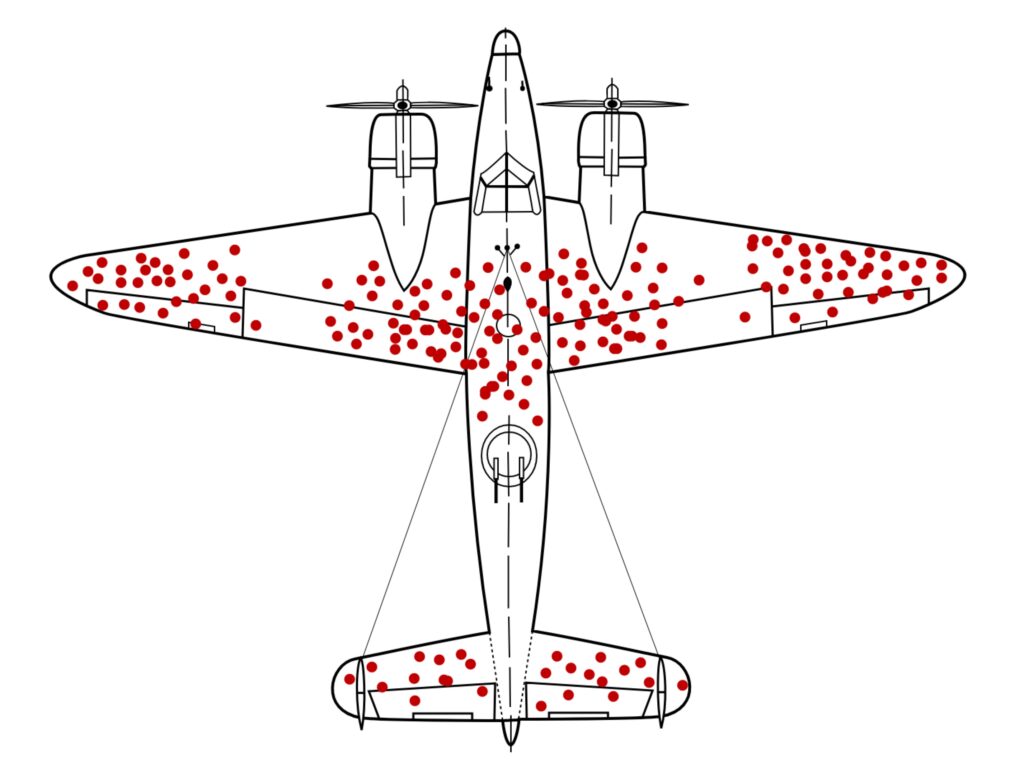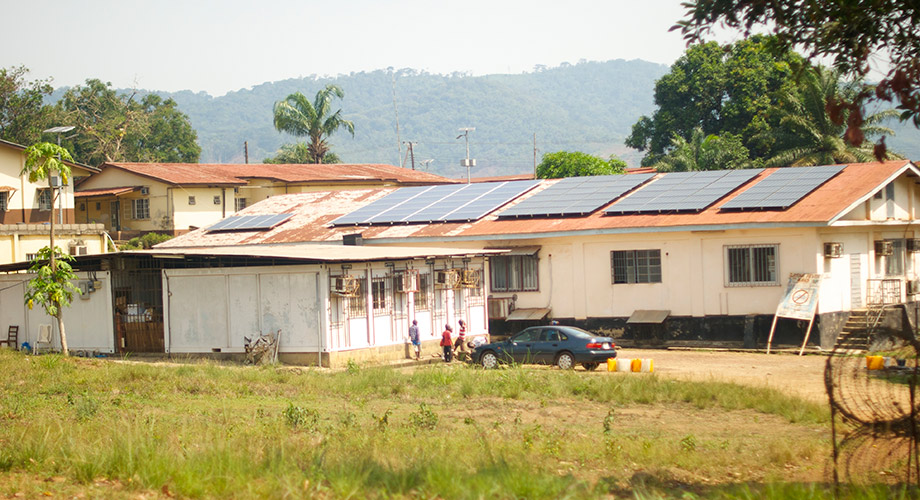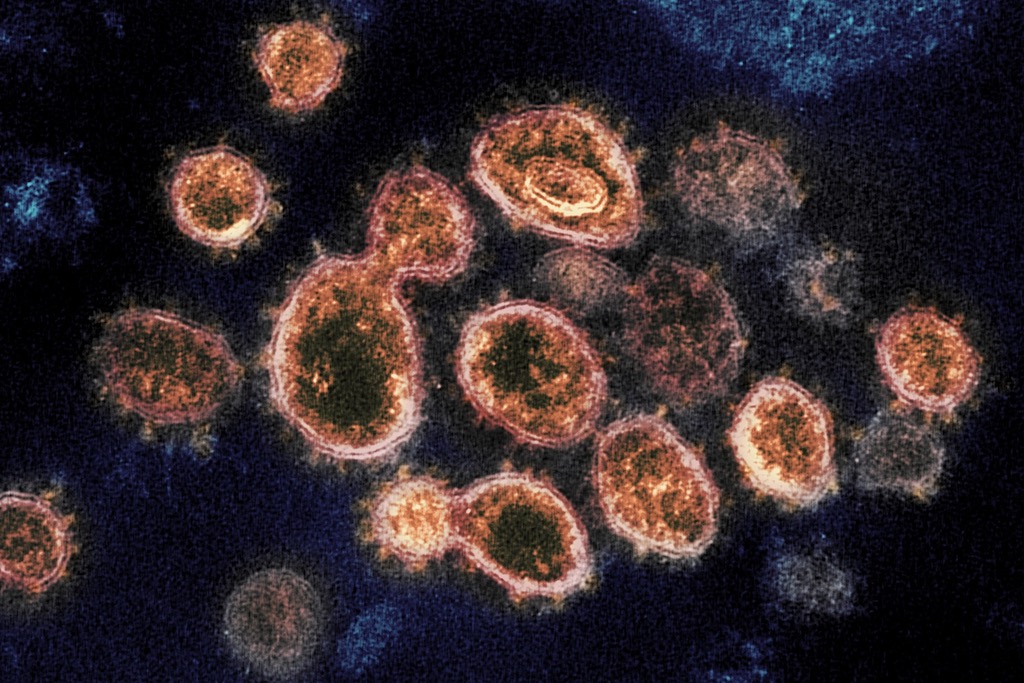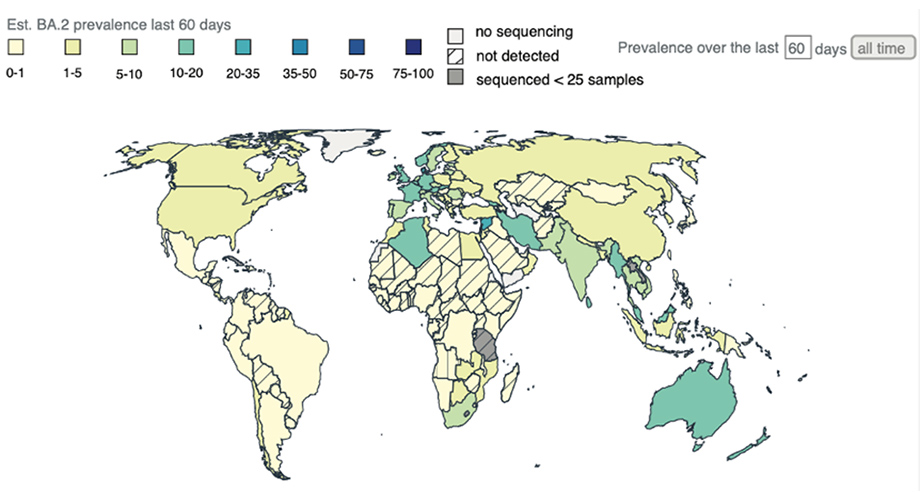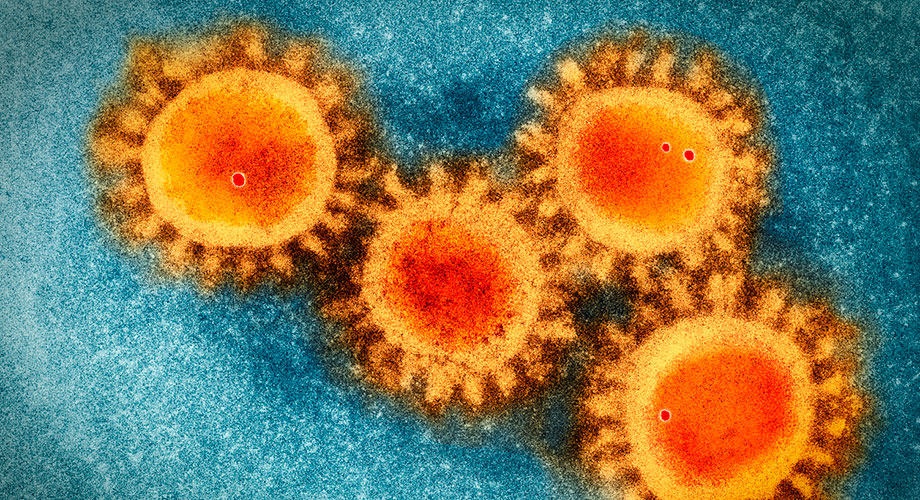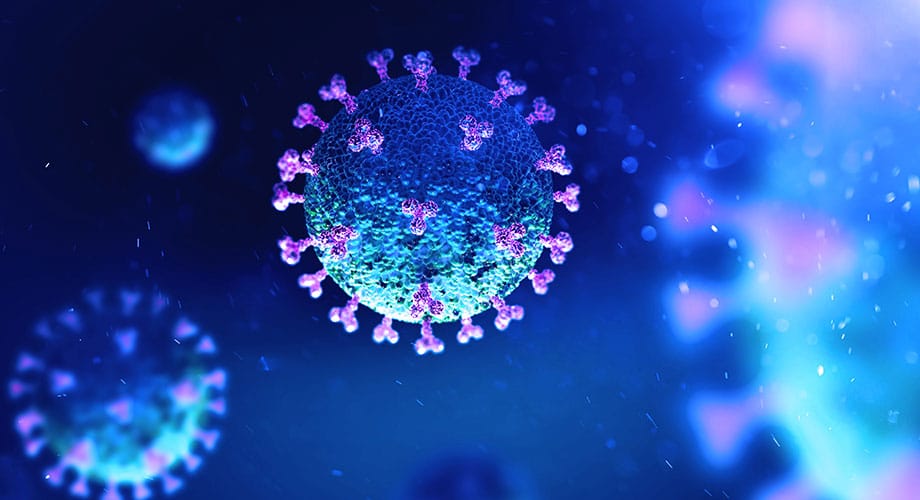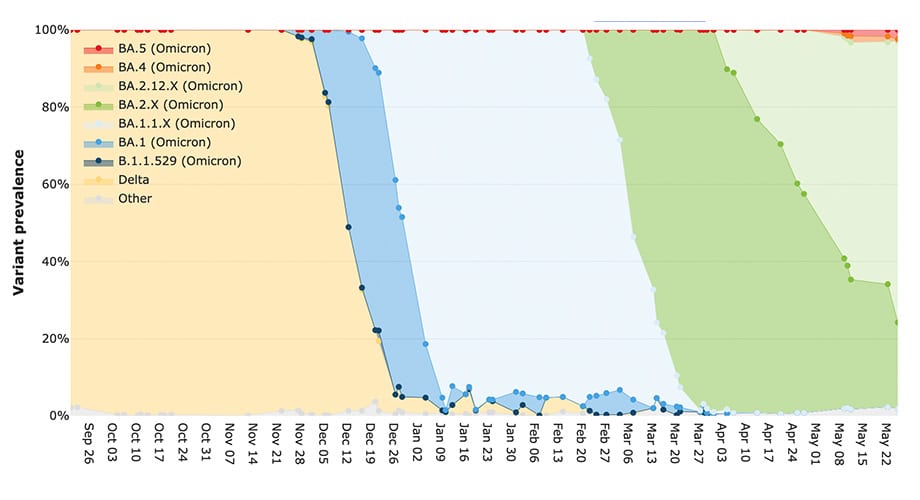SEARCH Paper out in Cell
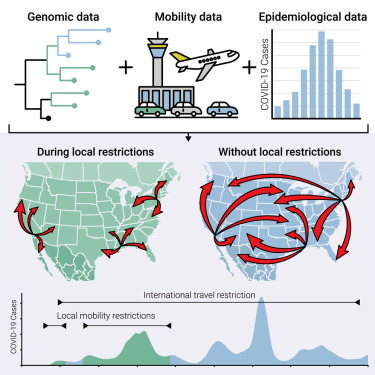

Elucidating human contact networks could help predict and prevent the transmission of SARS-CoV-2 and future pandemic threats. A new study from Scripps Research scientists and collaborators points to which public health protocols worked to mitigate the spread of COVID-19—and which ones didn’t. In the study, published online in Cell on December 14, 2023, the Scripps Research-led team of scientists investigated the efficacy…
Kristian AndersenDecember 14, 2023

